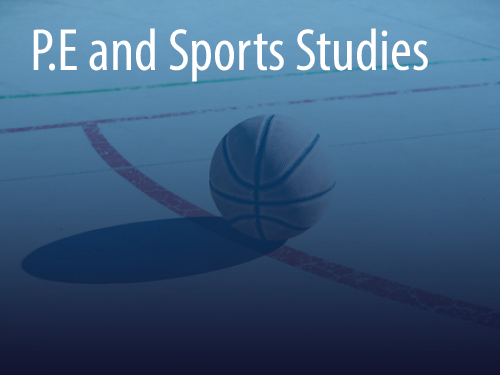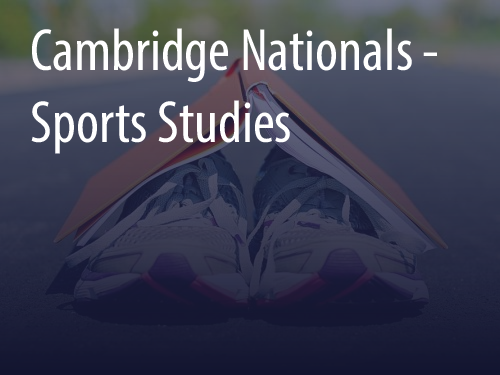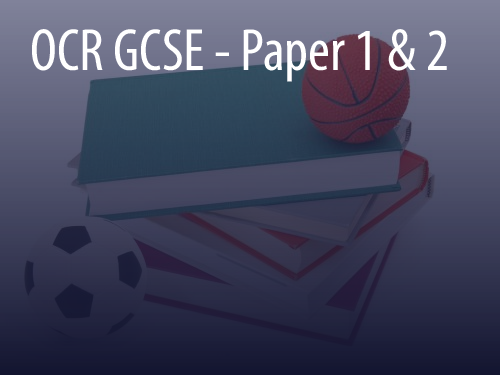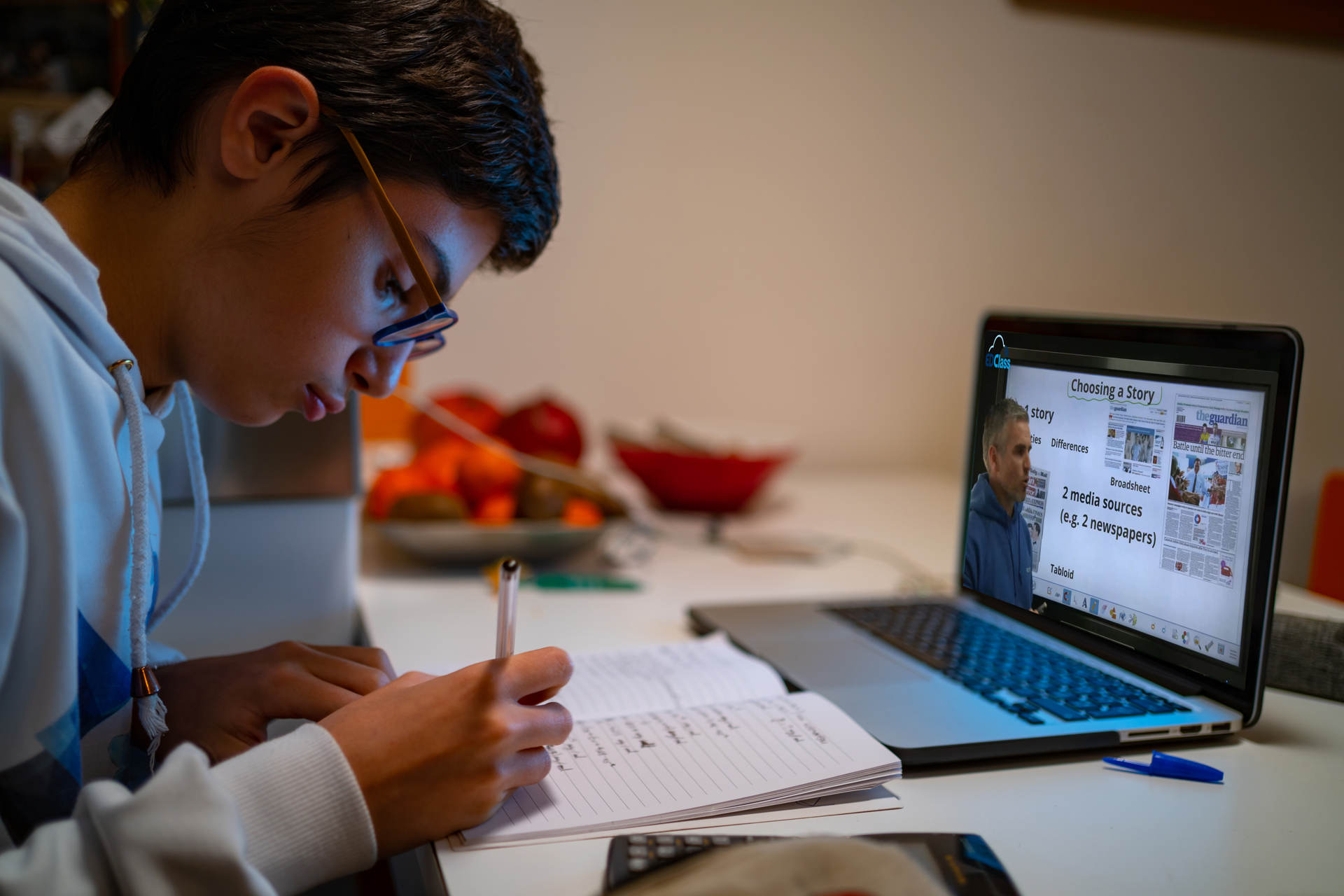Physical Education
EDClass can be used to help support, teach, implement and assist all PE students and PE teachers by offering our Physical Education resources that have recently impacted:
| - Catch-up learning for PE - PE homework and independent study - PE intervention - Extracurricular theory PE learning clubs - Summer school teaching and learning - Transition for GCSE PE and Cambridge Nationals - Teacher-led PE assessment | - Home-educated students struggling with PE theory concepts - Revision for PE topics - Teaching and learning of topics, plenaries and quizzes - Stretching and challenging all PE learners - Reconnect learners with hard-to-teach PE topics - Resources for isolation, detention and exclusion for students missing learning - PE tests and modular PE exams |
Here are examples of our resources and video bank of lessons for:
 |  |  |  |
In our Physical Education suite of lessons and content, there is an extensive range of resources, videos, quizzes, exams, mock exams, revision tasks, and practical ideas for your learners to complete to increase their knowledge and understanding of the subject.
The lessons covered include:
| • A Diet for Fitness • Additional Principles of Training • Alcohol in the Body • Analysing Performance • Anatomy and Physiology For Sport: The Structure and Function of The Skeletal System • Anxiety | • Applying Types of Practices • Arousal and Methods to Control It • Aspects of Fitness • Assessing My Own Fitness • Assessing 'Self' Skills in Group Situations | • Assessing the Results of My Fitness Programme • Assisting at an Active Leisure or Sport Event • Athletes' Diet • Balanced Diet and Nutrition • Barriers to Achieving Fitness Goals and Strategies to Overcome These |
| • Benefits of Confidence • Benefits of Motivation • Basal Metabolic Rate: Comment on Your Food Diary • Bone Composition • Bone Composition Terminology • Bone Growth • Business in Sport • Carbohydrate Loading • Carbohydrates • Catastrophe Theory and Reversal Theory | • Choreographing and Performing Dance • Circulatory System • Citizenship in Sport, Games and P.E. • Code of Conduct • Communication Skills when Dealing with Customers • Comparing Novice and Professional Sports Performers • Components of Physical Fitness • Components of Skill-Related Fitness • Confidence • Creating a Game | • Customer Service Skills when Dealing with Customers • Dealing with Injuries and Illness Associated with Sports Participation • Delivering a Sports or Active Leisure Activity • Delivering My Own Fitness Programme • Demands, Skills and Techniques • Demonstrating Practical Abilities • Developing Your Own Checklist for Sport • Development of Personal Fitness: Personal Exercise Adherence - Factors and Strategies • Diet • Diet and Energy |
| • Hazards and Risks to People Involved in port • Health-Related Fitness • Health Requirements for a Chosen Area of Work • Health Risks for a Chosen Area of Work • Health, Fitness, Exercise and Performance • How and Why People Participate in Sport • How Can We Maintain Fitness? • How Muscles Attach • Hygiene • Identifying Strengths and Areas for Improvement when Participating in Individual Sport • Identifying Strengths and Areas for Improvement when Participating in Team Sport • Implementing and Reviewing a Programme to Develop Technical Skill and Tactical Awareness • Implementing And Reviewing a Psychological Skills Training Programme To Enhance Sporting Performance • Implementing, Recording and Reflecting on My Personal Fitness Training Programme • Information Processing Model Our Physical Education Curriculum | • Injuries in Sport • Injury • Interactional Approach • Interpretation of Fitness Test Results • Intrinsic and Extrinsic Motivation • Introduction Processes, Warm Ups and Cool Downs for Exercise and Fitness Activities • Introduction to Sport and the Mind • Introverts and Extroverts • Job Roles in Different Sectors of Sport and Active Leisure • Joint Movements • Joints in the Body • Lactic Acid and Oxygen Debt • Levers • Lifestyle Choices Affecting Excellence in Sport • Long-Term Adaptations on Cardiorespiratory System | • Long-Term Adaptations on Musculoskeletal System • Media in Sport • Minimising Risks to People Involved in Sport • Motivation • Muscle Fibres • Muscles • Muscular System • National Lottery • Nature of Sport • Observation Checklists • Open and Closed Skills • Opportunities • Organisation of Sport • Osteoporosis |

| • Participating in Exercise and Fitness Activities • Performing as an Official in Four Specific Situations • Performing as an Official in Sport • Performing Practical Skills and Techniques • Planning a Personal Fitness Training Programme • Planning a Physical Activity for Children • Planning a Programme to Develop Technical Skills and Tactical Awareness • Planning a Psychological Skills Training Programme To Enhance Sporting Performance • Planning and Leading an Activity Session • Planning and Researching Sport and Active Leisure • Planning and Undertaking a Project During Work-Based Experience in Sport • Planning for a Sports or Active Leisure Activity • Planning My Own Fitness Programme • Planning to Start Work in Sport and Active Leisure • Practical Fitness Testing • Practical Sports: Rules, Regulations and Scoring Systems • Practices for Sport | • Principles of Training • Professional and Amateur Sports • Profile of Mood States and Observation • Provision of Sport in Local Communities • Psychological Factors that Affect Sports Training and Performance • Psychology for the Sports Performer • Qualifications: Responsibilities to Support a Sports or Active Leisure Leader • Reasons for Taking Part in Physical Activity • Reducing Health Risks in a Chosen Area of Work • Regional and National Structure in the UK • Regulations within Sport • Respiratory System • Responding to a Given Simulated Emergency Situation • Review of Energy Systems • Reviewing My Strengths in Assisting at a Sports or Active Leisure Event • Reviewing Skill Development • Reviewing Own Performance in Sport • Pre and Post-Match Meal: Nutrition | • Risks and Hazards Associated with Sports Participation • Roles and Responsibilities of Officials in Selected Sports • Roles of Officials from Selected Sports • Rules in Sport • Rules, Regulations and Legislations • Safety • Safety and Requirements for Training • Scoring in Sport • Scoring Systems • Self-Efficacy • Session Plan Development for Sport • Setting Up Equipment for a Sport or Active Leisure Activity • Shift Patterns and Managing Time • Short-Term Effects of Exercise on Musculoskeletal System • Short-Term Effects of Exercise on the Cardiorespiratory System • Showing Reliability, Attitude and Respect in Dance Activities • Situational Approach, Modelling and Feedback • Skeletal System • Skills and Qualities • Reviewing Sports Performance of an Individual or a Team • Risk Assessments Relevant to Sport • Presenting and Reviewing the Project • Presenting Group Project as Part of a Team |
| • SMART Principles • SMART Principles: Coaching • SMART Principles: Performer • Somatotypes • Sponsorship in Sport • Sport in the UK • Sports Drinks • Sports Industry Sectors • Strengths and Areas for Improvement in Exercise and Fitness Activities • Structure and Function of The Cardiovascular and Respiratory Systems • Structure and Function of the Muscular System • Structure of Personality | • Supplements in Sport • Synovial Joints • Tactical Demands • Taking Part in Individual Sport • Taking Part in Team Sport • Technical and Tactical Demands of a Sport • Technical Demands, Skills and Techniques • Technical Skills and Tactical Awareness for Sport • The Aerobic System • The Anaerobic Energy System • The Business Skills Needed to Support Customers in the Sport and Leisure Industry • The FITT Principle | • The Circulatory System: Artery • The Circulatory System: Heart • The Circulatory System: Heart Rate, Stroke Volume and Cardiac Output • The Components of Physical Fitness • The Conditions of Employment Within Sport and Active Leisure • The Different Types of Sport and Active Leisure Event • The Effects of Drugs • The Effects Of Personality and Aggression on Sports Performance • The Effects of Psychological Factors on Sports Training and Performance • The Effects of Smoking |
| • The Impact of Different Key Issues on the Sports Industry • The Impact Of Motivation on Sports Performance • The Importance of Fitness Testing to Sports Performers and Coaches • The Importance of the Fitness Components • The Lactic Acid Anaerobic System • The Nature of Sport: Categorising Sport • The Nature of Sports Provision • The Nutrients and their Functions Required for a Healthy Diet • The Range of Occupations in the Sports Industry • The Required Skills and Qualifications Required for Jobs in Sport and Active Leisure | • The Role of an Adult when Young Children are Involved in Physical Activities • The Role of Local and National Organisations Responsible for Sports Development • The Skills Required to Manage Customer Service Situations • The Skills, Qualities and Responsibilities Associated with Successful Sports Leadership • The Structure and Function of the Heart and Lungs • Theories of Motivation • The Circulatory System and Exercise • Training Methods • Trait and Types of Personality | • Twitch Fibres • Types of Bones • Types of Muscles • Types of Practices • Using Physical and Interpretative Skills in Dance • Using the Observation Checklist in Sport • Voluntary Sector • Warm Up and Cool Down • Warm Up, Cool Down and Stretching |
We can provide your establishment with qualifications for your new cohort of students who must follow BTECs on the NQF framework.
The following are the units that are taught within EDClass for Sport (PE):
- Unit 1 - Fitness for Sport and Exercise
- Unit 2 - Practical Sports Performance
- Unit 3 - The Mind and Sports Performance
- Unit 4 - The Sports Performer in Action
